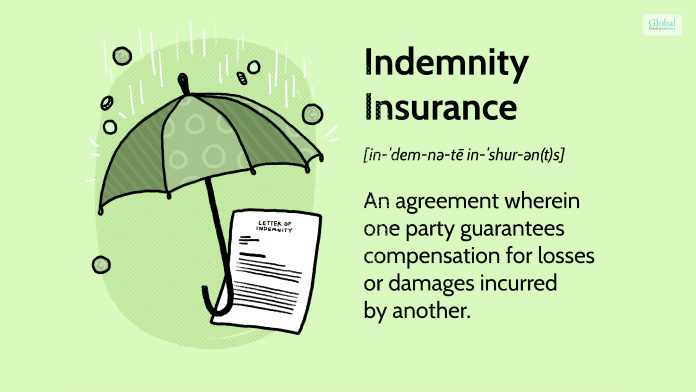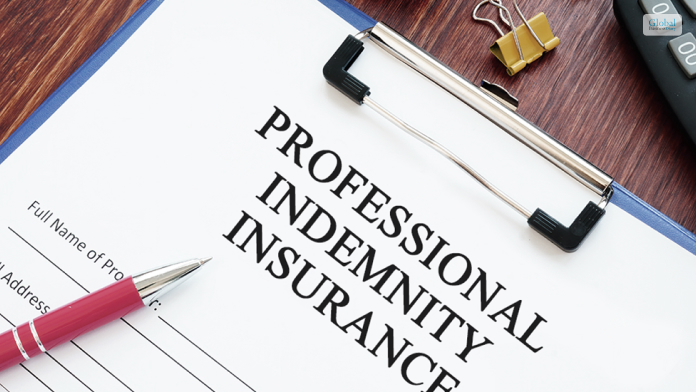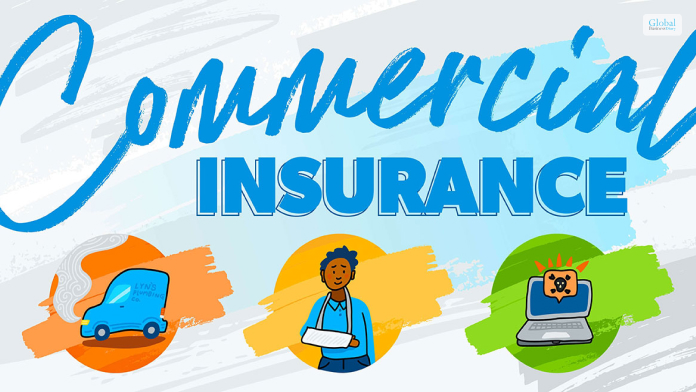What Is Indemnity Insurance ? And Its Different Types – Let’s Discover

As an administrator of a business organization or an enterprise, you must be aware of the unforeseen circumstances, and must step up to thwart them as it can happen to your business. Such circumstances can be perilous for the business, and can even lead to many losses for the business. This is where an indemnity insurance comes into play.
In this article, you will learn in general about indemnity insurance along with an example of the same. In addition to that, we will also discuss the major types of indemnity insurance that are available for a business. You will also learn how the various types of indemnity insurance options can help you, and in what regard. Hence, to find out more about the topic, read on through to the end of the article.
What Is An Indemnity Insurance?

According to Wall Street Mojo,
“Indemnity insurance refers to the insurance coverage that safeguards an insured against the monetary losses arising out of professional negligence. Like any other insurance, this also provides coverage in exchange for regular premium payments from the insured.”
Let’s see an indemnity insurance example, where you are the owner of a wealth management firm, and a client is suing your firm alleging a financial loss, after following the advice of the firm. If the firm had an indemnity insurance beforehand, it would help in covering the monetary damages. These monetary damages including all the legal expenses that were incurred during the lawsuit proceedings.
Indemnity insurance is a form of protection that compensates for financial losses or damages, offering various types to cater to different professional needs, including the specialized area of guardian physician disability insurance. This specific type of insurance is designed to safeguard physicians against loss of income due to a disability, recognizing the high stakes of their profession and the intensive training it requires.
Guardian physician disability insurance provides tailored coverage options that can be adjusted according to the unique risks and financial implications a physician might face if unable to practice. It’s crucial for medical professionals to consider this insurance as it not only covers their personal income but also helps in maintaining their standard of living if they become disabled.
Understanding the nuances and benefits of physician disability insurance enables physicians to make an informed choice, ensuring their financial security in the face of unforeseen health challenges.
The indemnity insurance policy compensates the insured party for not only the unexpected losses or damages, but also the amount of the loss itself. All these coverages are up to a certain limit.
According to USNews.com,
“Examples of indemnification include an insurance company paying to repair or replace damaged property, reimbursing medical bills, or covering legal settlements and fees that the insured is held liable for.”
These policies are designed in such a way to protect business owners and professionals, after they have made a fault in a particular event, which created the case of malpractice and misjudgment. The case comes in the form of an indemnity letter.
Read More: The Types Of Business Insurance Needed For Every Business
How Does An Indemnity Insurance Works?

An indemnity letter compensates in the case of losses and damages. In a legal situation, this also means an exemption from being liable for the damages made. Here, the party that is insuring promises the party that is getting insured for the coverage of the losses, in exchange for the premiums that the policyholder is paying.
According to Investopedia,
“Indemnity insurance is a supplemental form of liability insurance specific to certain professionals or service providers. Insurance professionals provide counsel, expertise, or specialized services.”
However, you must not confuse this type of insurance with a simple general liability insurance or any other commercial business insurance.
A financial indemnity insurance protects you from claims that are arising from the certain negligence or a situation when the business fails to perform, which further results in a financial loss for the client. The policy helps the individual or the business from a looming legal entanglement.
This is because, if your client has suffered a loss, he/she has the right to file a civil claim. Your indemnity insurance helps you in this case, by paying the costs associated with the litigation, as well as the cost of damages that the court awarded.
What Are The Major Types Of Indemnity Insurance?
Indemnity insurances can be of different types. The following are the major types of indemnity insurance options that you will come across:
Professional Indemnity Insurance Claim

As per the claims of Wall Street Mojo,
“Professional indemnity insurance is curated to protect professionals against specific instances such as misjudgment. These insurances help companies deal with legal expenses and settlement costs.”
It is the type of commercial indemnity insurance that protects you as a business owner or a professional if there is an alleging complaint against you. For example, if the client thinks that the business actually behaved negligently, and failed to perform as per promise. This is different from a simple commercial liability insurance, which protects your business to cover the injury costs of a client on the premises.
Hospital Indemnity Insurance

According to Investopedia,
“Hospital indemnity insurance is a type of supplemental insurance that pays for hospitalization costs that are not covered by other insurance. This type of insurance is frequently taken out by businesses in case their employees are injured on the job.”
Such a type of insurance can be beneficial, as most people in the US do not have enough savings to cover the medical bills that are unplanned. Here, as per the plan, the insurer pays the cash directly to the employees. This acts as a supplemental insurance to pay for the costs associated with admission in a hospital.
Fixed Indemnity Insurance – What Is Indemnity Plan?

Having a fixed indemnity insurance plan can help you to get fixed benefits for healthcare events, regardless of the actual insurance cost. Such a plan allows you to get a fixed amount of money for every hospital admission, or even a certain amount for each day of admission in a hospital. However, your must also know that a fixed indemnity insurance plan is not covered under the Affordable Care Act.
In addition to these, when you purchase premiums of indemnity insurances, you must focus on the aspects of the premium about what the insurance does not cover. This is because you will not get an indemnification outside the parameters set by the policy. Furthermore, you will also not receive restitution at a higher value that what is promised.
Read More: Is Startup Business Insurance Necessary For New Businesses?
Final Thoughts
If you are a business owner, having indemnity insurance can help a lot in dealing with unforeseen situations. Hope this article was helpful for you to get a good idea of what an indemnity insurance is, and what are the major types of indemnity insurance available for you. However, before you purchase your insurance, make sure to read the policy carefully. How do you think indemnity insurance can be helpful for your business? Share your thoughts with us in the comments section below.
Read More:













